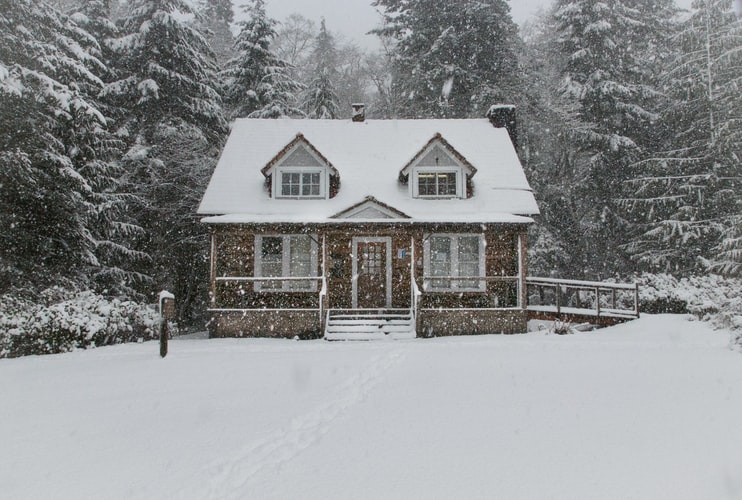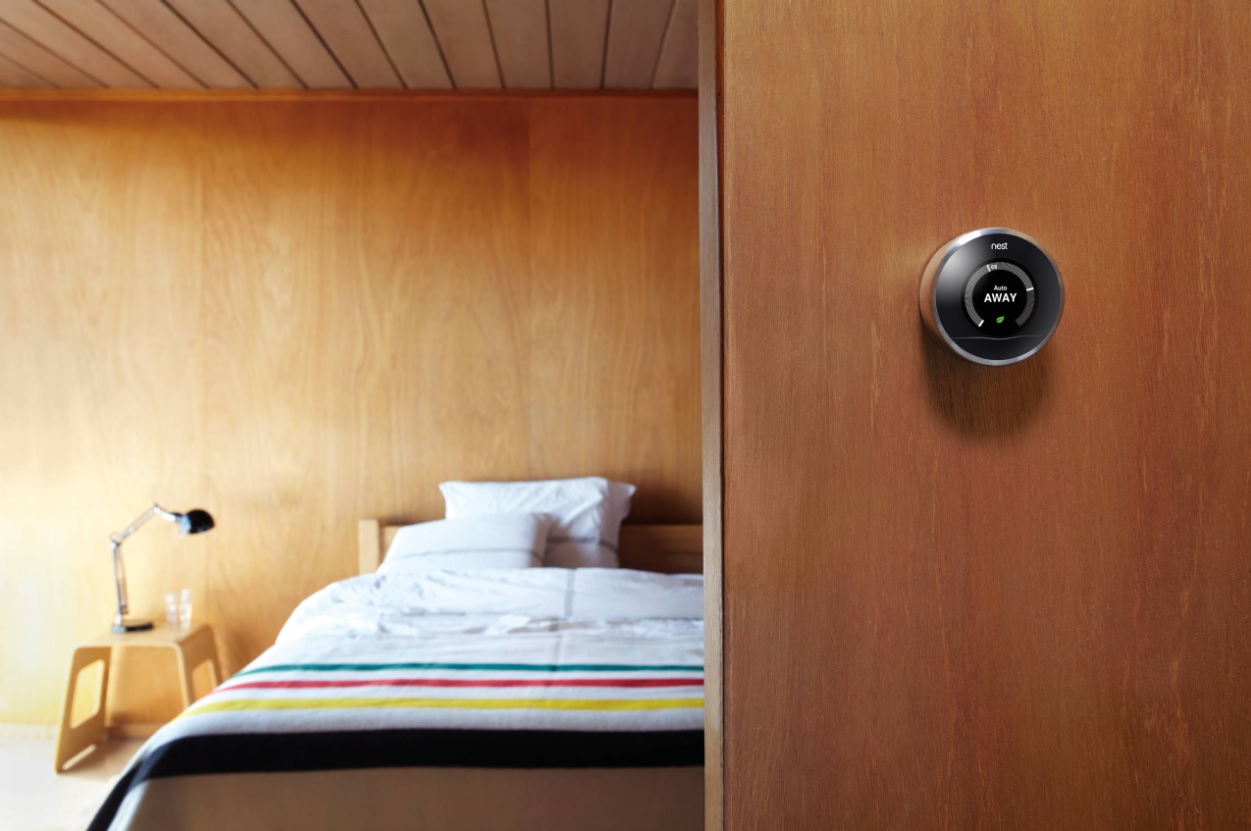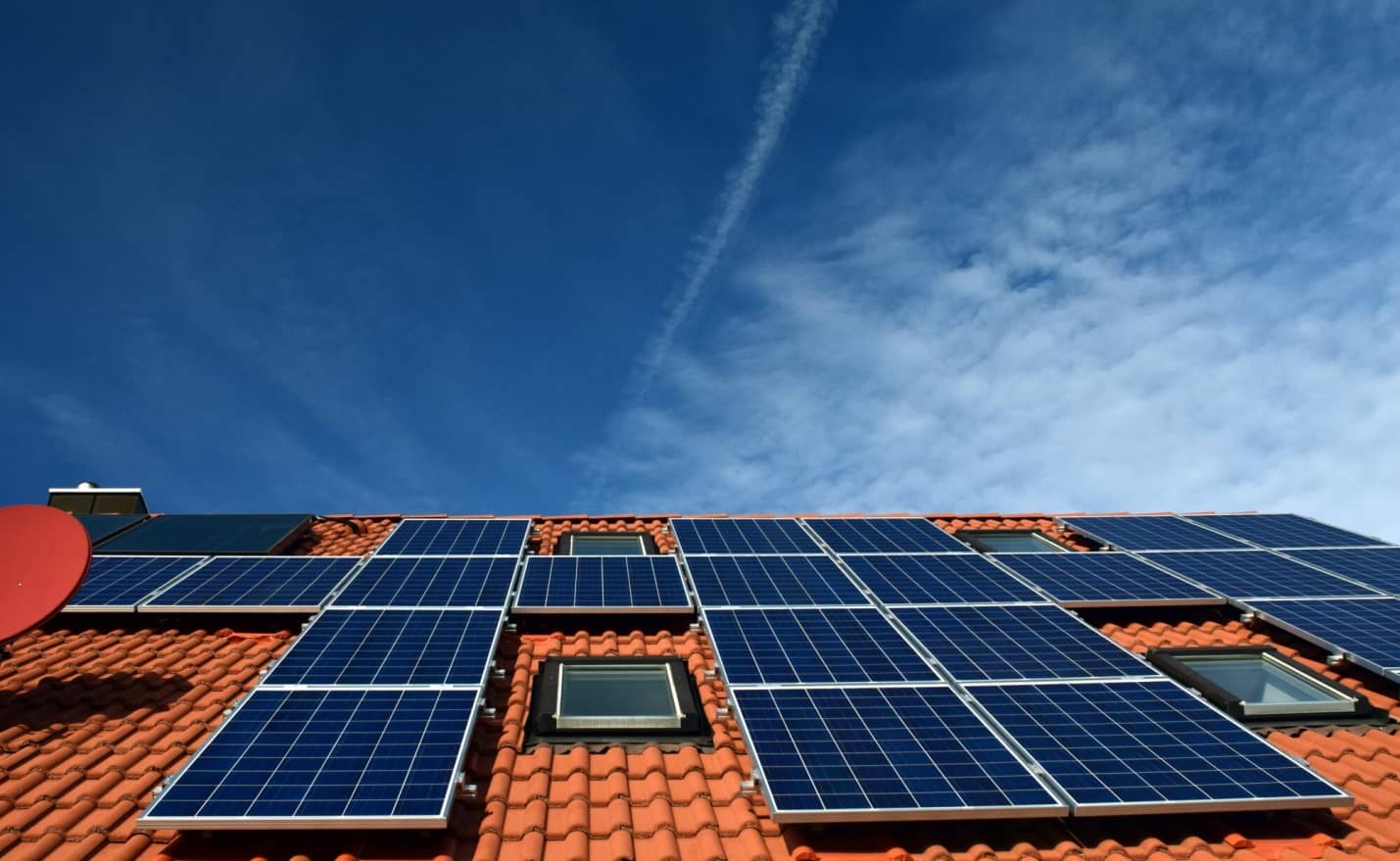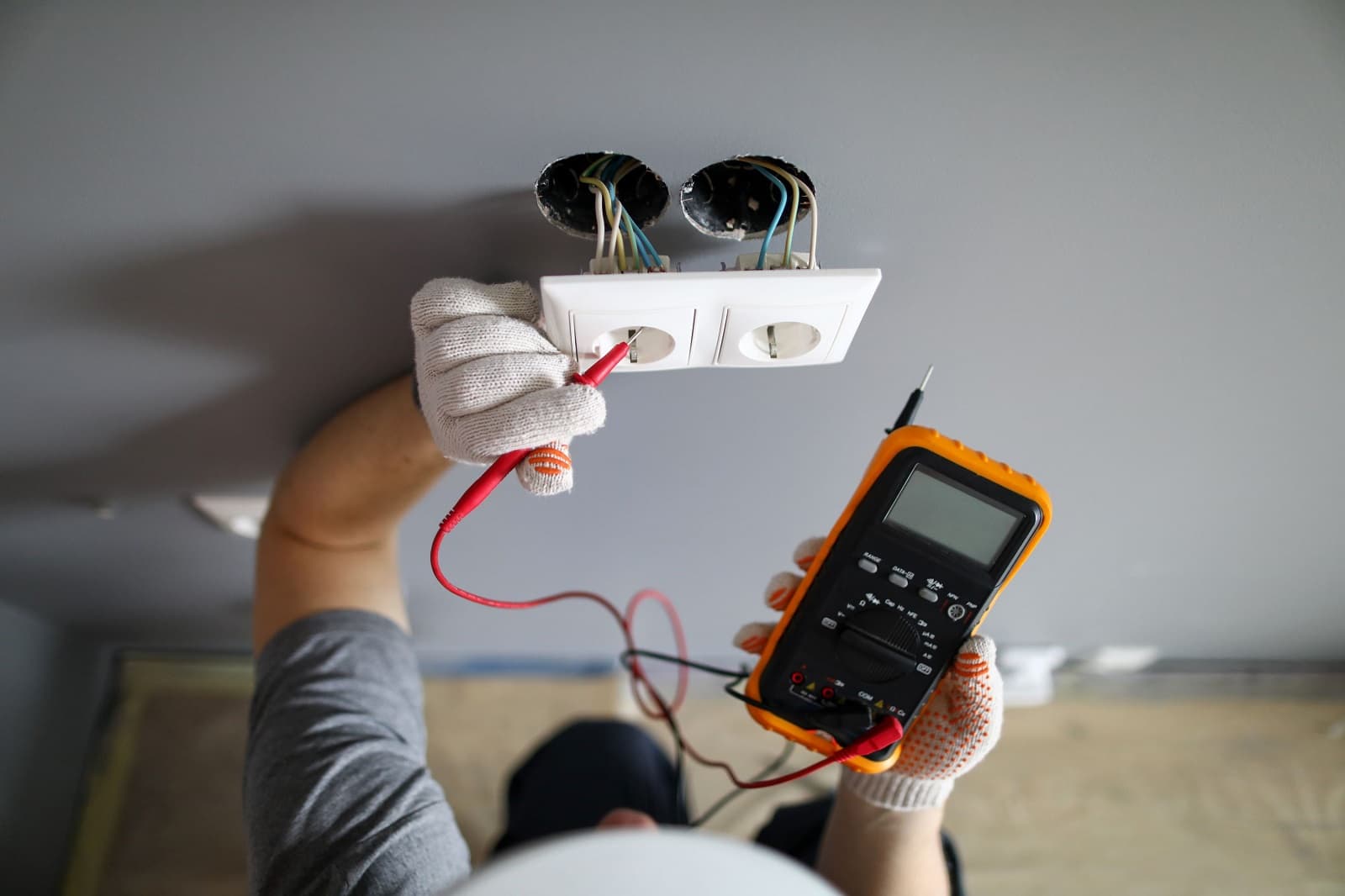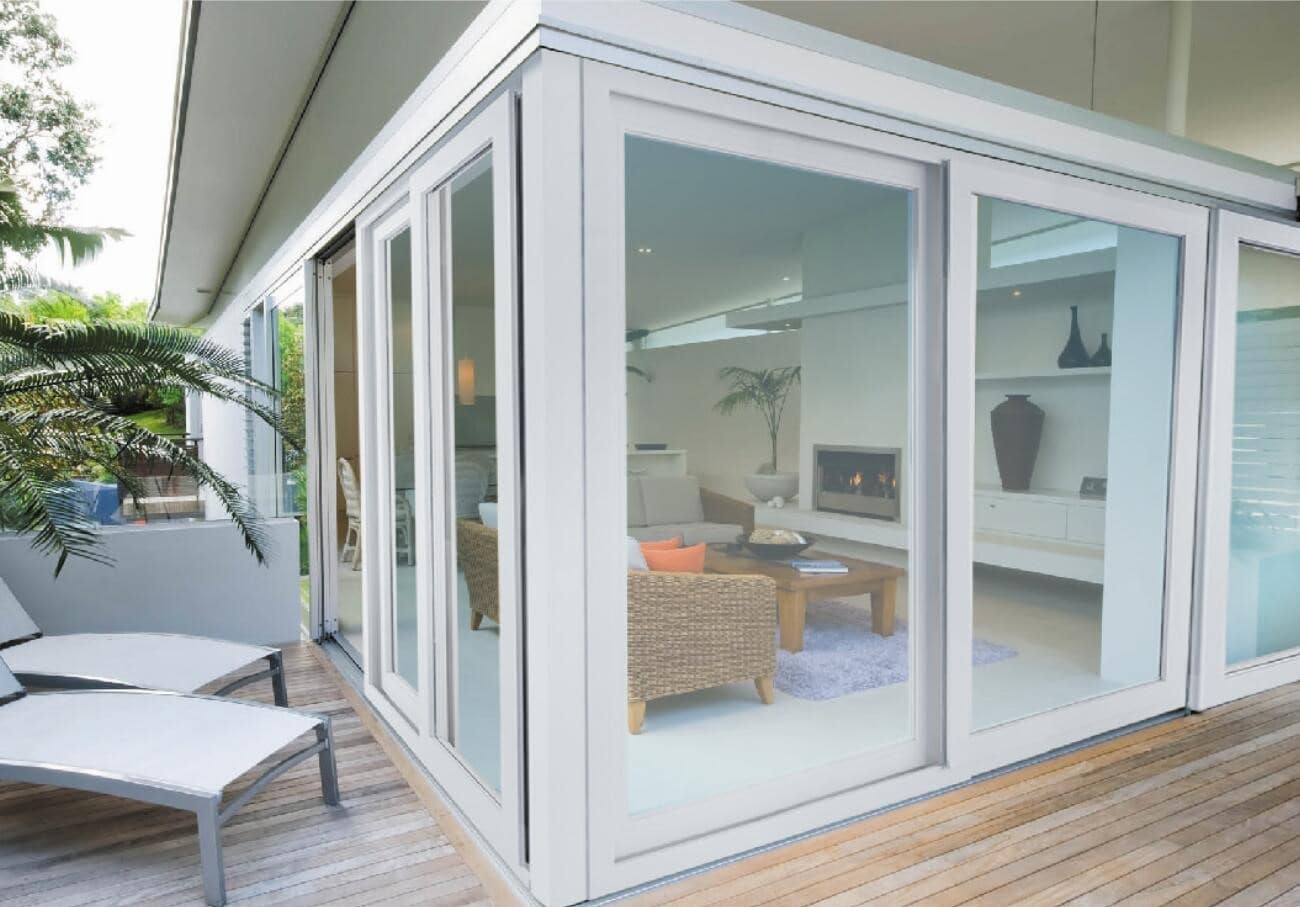What’s the one thing you most look forward to on a cold winter night? Chances are you can’t wait to sink into your bed, crank up the thermostat, and sip on some hot cocoa. Then you’d want to curl up inside a fuzzy blanket and binge-watch your favorite show.
But then a gush of freezing wind sneaks in through a gap in your bedroom window and shatters all your dreams of staying cozy in your bed. You’re faced with the tough challenge of bracing the cold or increasing the thermostat temperature even further.
While the first option will take a toll on your health, the second one will send your electricity bill shooting through the roof. The only way of avoiding this unfortunate situation is to winter-proof your home well in advance.
Whether you’re staying in a studio apartment or lavish condo, it’s essential to use the right winter-proofing measures. From insulating every room and caulking gaps in windows to upgrading the doors and replacing the furnace filter – it involves various specialized tasks.
In this blog, we’ve curated a few useful tips that’ll come in handy while winter-proofing your home. Let’s take a look.
1. Prepare Early
If you’ve ever tried winter-proofing your house, you’d know that the process is time-consuming and laborious. That’s why you shouldn’t wait until the arrival of winter to get started. Instead, you should use a weather forecast app or website to know precisely when the chill is supposed to set in.
For instance, you can use this accurate forecast tool by ClimaCell to check the weather forecast in your specific area or neighborhood. You can also check the hourly temperature, wind, and precipitation breakdown to know whether a storm or snow is expected.
Knowing these details in advance will give you enough time to make your living space habitable in winter.
2. Check Your Insurance
If you live in a place that’s prone to extreme weather events, such as blizzards and snow squalls, it’s high time you invest in a robust homeowner’s insurance policy. It can go a long way to help you deal with the financial repercussions of restoring your property after a storm, flood, etc.
If you’ve already purchased home insurance, make sure you check the paperwork to find out if it needs to be renewed. Also, don’t forget to check the types of damages that are covered under the plan. It should cover common damages, such as natural disasters, fire hazards, thefts, etc.
3. Install a Smart Thermostat
Ditch that age-old thermostat and replace it with a programmable one instead. Modern technology has made it possible to create smart thermostats that even sync with smartphones. This means you can turn the heat up or down from your phone, even if you’re not at home.
Also, you can program it to automatically turn the heat up and down based on your daily routine. For instance, it’ll automatically set a lower temperature when you’re going out for work. Apart from the obvious convenience, it can go a long way to conserve energy and reduce your electricity bill.
4. Never Turn the Heating Off
When you turn the heating system off, condensation accumulates in its pipes. This is in addition to the water that already circulated in the pipes. If the surrounding temperature drops below 0°C, it can cause the water to freeze. Considering that water expands when it freezes, it’ll result in a leak or tear in the pipes.
Worse still, when you turn the heating on, the accumulated ice will gradually melt and seep into your home through the leaking pipes. This, in turn, can lead to flooding and electrical hazards. It’s the last thing you’d want to experience after returning from a pleasant holiday.
That’s why it is wiser to keep the heating on even if you’re going to be away from home for a few days or weeks. Make sure you set a lower temperature to save electricity. Also, open the inner doors of your rooms to facilitate proper ventilation.
5. Clean the Chimney
Nothing screams winter louder than sitting in front of a cozy fireplace with a glass of wine. However, if you’re using your fireplace for the first time this season, make sure you clean the chimney beforehand.
This is essential because the chimney most likely has accumulated dust and soot from the previous season. Also, in rare cases, birds might build nests inside the chimney during summer. It’s a good idea to get in touch with a professional cleaner to sweep any foreign objects out of the chimney.
Do you have any other winter-proofing tips for homeowners? Share your suggestions in the comments section below.

